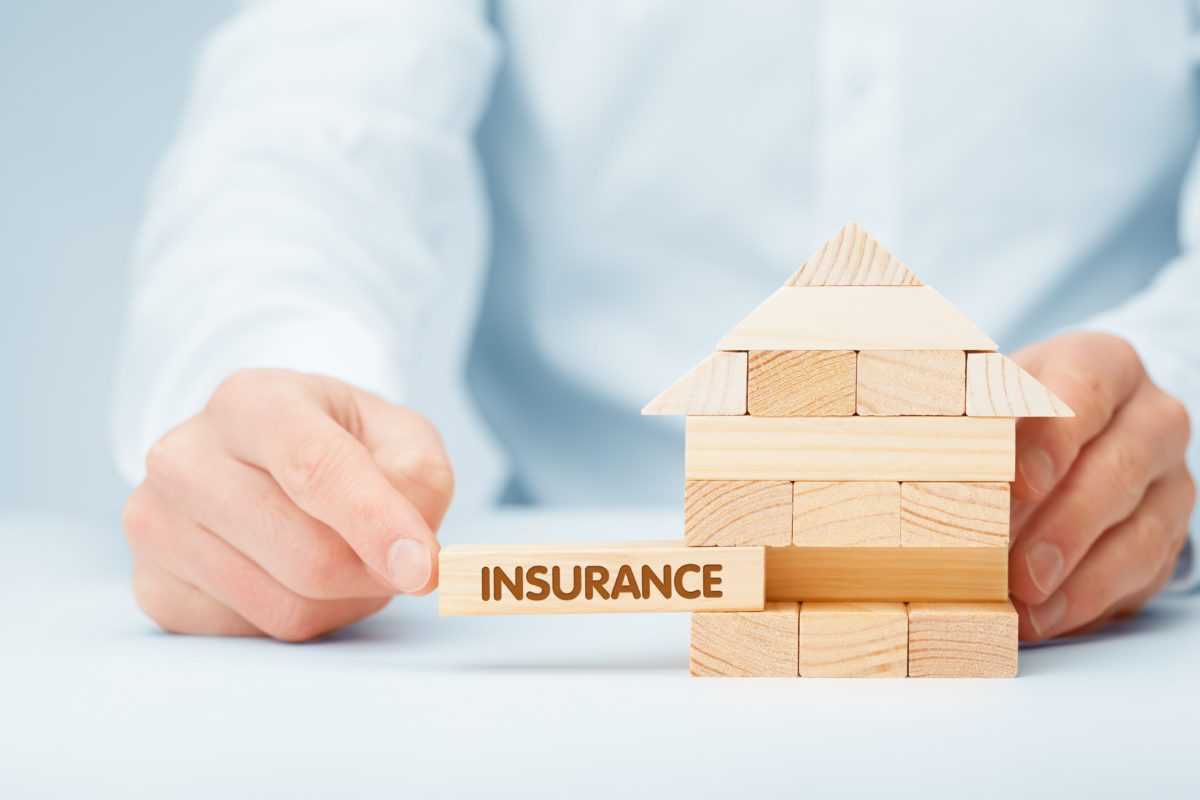Services Details

Service
Building Insurance
Building insurance, also known as home insurance or property insurance, is a type of insurance policy that provides coverage for damage to the physical structure of a building. It typically protects against risks such as fire, theft, vandalism, storms, and other perils that could cause damage to the building's structure. Building insurance is essential for homeowners, landlords, and property owners to protect their investment in the property.
Here are some key aspects of building insurance :
-
Coverage :
Building insurance covers the physical structure of the property, including the walls, roof, floors, windows, doors, and fixtures. It also typically includes outbuildings such as garages, sheds, and fences. The policy may also cover permanent fixtures and fittings, such as kitchen cabinets and bathroom fixtures.
-
Perils Covered :
Building insurance policies vary in terms of the specific risks they cover. Most policies provide coverage for common perils like fire, lightning, explosion, theft, vandalism, malicious damage, storm damage, flood, and escape of water (e.g., burst pipes). Some policies may offer additional coverage for specific risks, such as subsidence, earthquake, or accidental damage.
-
Exclusions :
Like any insurance policy, building insurance may have exclusions that specify certain risks or circumstances that are not covered. Common exclusions may include wear and tear, gradual deterioration, neglect, acts of war, and certain types of intentional damage. It's important to review the policy documents carefully to understand what is and isn't covered.
-
Sum Insured :
When purchasing building insurance, you'll need to determine the sum insured, which is the maximum amount the insurance company will pay out in the event of a claim. It's essential to ensure that the sum insured accurately reflects the rebuilding cost of the property, including materials, labour, and associated costs. Underinsuring the property could leave you financially vulnerable in the event of a claim.
-
Premiums :
The cost of building insurance premiums depends on various factors, including the location and value of the property, the sum insured, the level of coverage, the insurance company's underwriting criteria, and any optional extras or add-ons you choose. Premiums may be paid annually or monthly, depending on the insurer's payment options.
-
Claims Process :
In the event of damage to the insured property, you'll need to file a claim with your insurance company. The claims process typically involves notifying the insurer of the loss, providing evidence of the damage (such as photographs or repair estimates), and cooperating with the insurer's investigation. Once the claim is approved, the insurer will arrange for repairs or reimbursement for the covered damages.
Building insurance is a critical aspect of property ownership to protect against unforeseen events and financial loss. It's essential to review your insurance needs regularly, update your policy as necessary, and ensure that you have adequate coverage to protect your property investment. Consulting with an insurance professional can help you find the right building insurance policy for your needs and budget.

